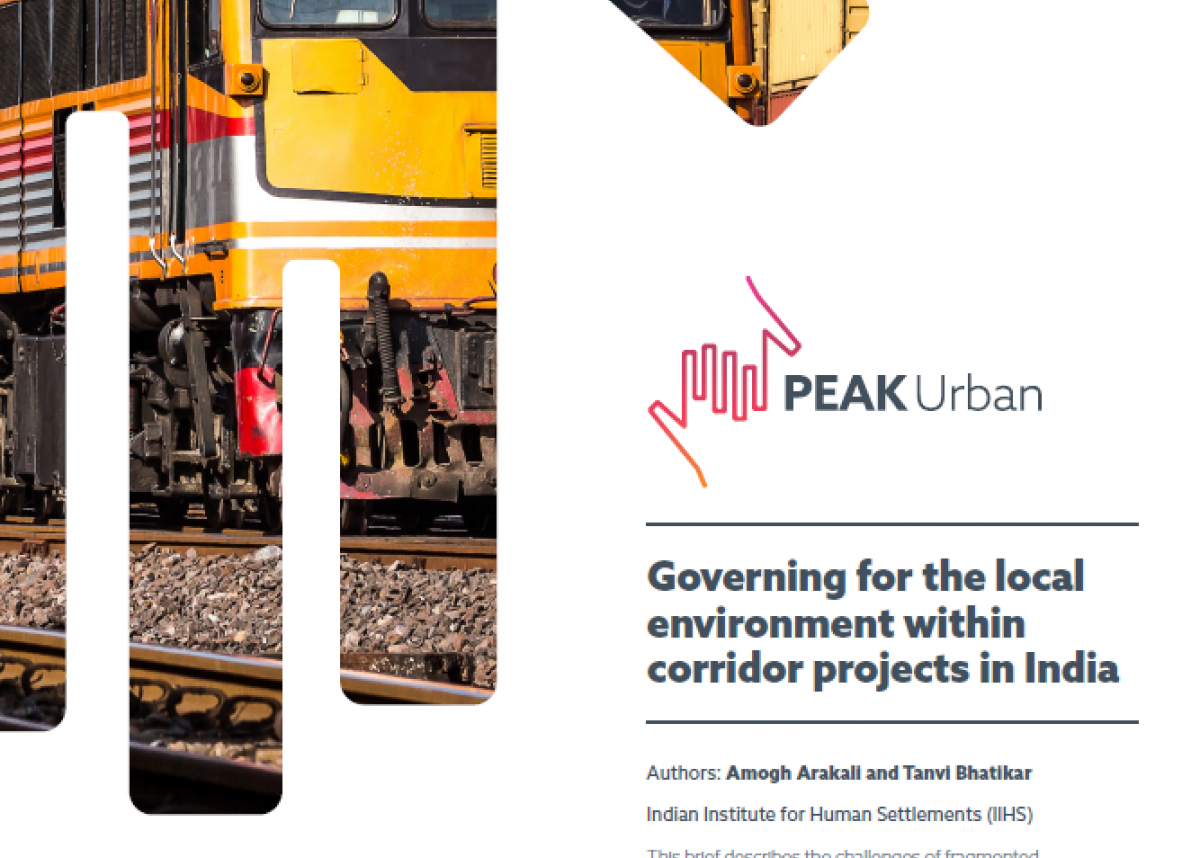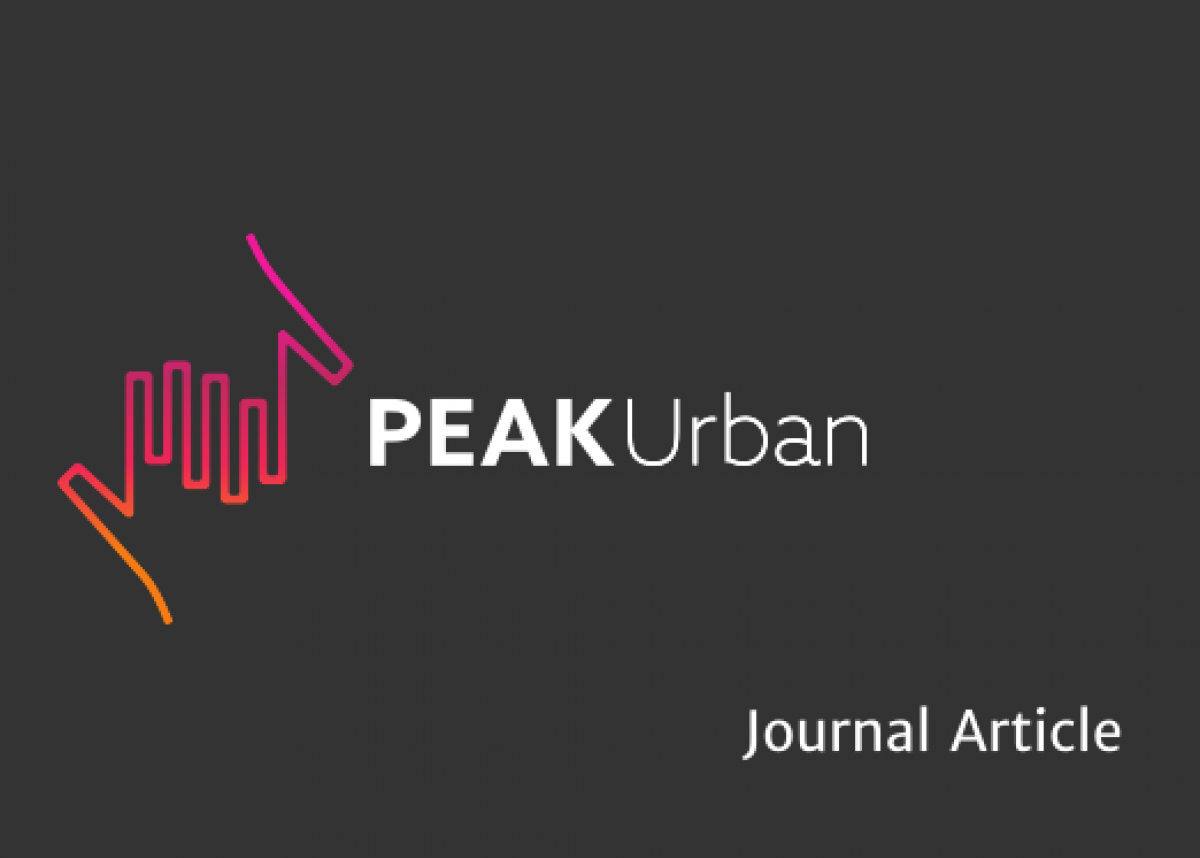By 2050 nearly 70 percent of the world's population will be urban, and delivery of the UN's Sustainable Development Goals will increasingly be in the context of city environments.
However, as formalised cities grow in the developing world, so do informal, self-constructed settlements and their economies. These operate outside the common legal and regulatory framework and yet are intricately woven into the functioning of the city. This informal sector covers the entire social and economic framework of places like the Brazilian favela, India's jhuggi bastis or Ethiopia's chereka bets.
Globally, the informal sector is estimated to represent over 60 percent of cities, with the vast majority of jobs in many of the world's emerging economies are considered to be informal.
Understanding informal cities, and the millions of lives lived within them, is fundamental to meeting the SDGs. Yet the diverse and dynamic nature of informal cities creates a huge challenge for large-scale data collection and analysis.
More recently, several innovative solutions for efficient and scalable collection of environmental, behavioural and other data have been reported, but to extract meaningful information from them requires collaboration across several scientific disciplines, with the active engagement of non-academic stakeholders.
The Informal Cities Programme consists of a collection of four distinct but complementary projects that leverage the types of data available, their timeliness, comprehensiveness and depth for African Cities more generally and Addis Ababa in Ethiopia and Delhi in India, more in depth.
With a focus on informal systems, we collect and harmonise existing data
sources including administrative data, regional surveys, geospatial data and satellite imagery. We draw on expertise in anthropology, geography, mathematics, data science and epidemiology to study informal neighbourhoods, economies,health and climate change in cities in new ways.
We investigate the effects of satellite-derived airborne pollution and informal housing across sub-Saharan Africa on respiratory health and early-life mortality. We take deep dives into Ethiopia's Addis Ababa and India's Delhi to investigate the migration effects of climate change and ensued implications for the informal fabric of a city, including urban redevelopment. In Delhi, we analyse complex socio-environmental vulnerabilities and subjectivities in informal settlements. In Addis Ababa, we aim to know how climate change affects people's mobility and migration decisions, the dynamics between migrant labourers and existing residents and the effects on livelihoods.


















